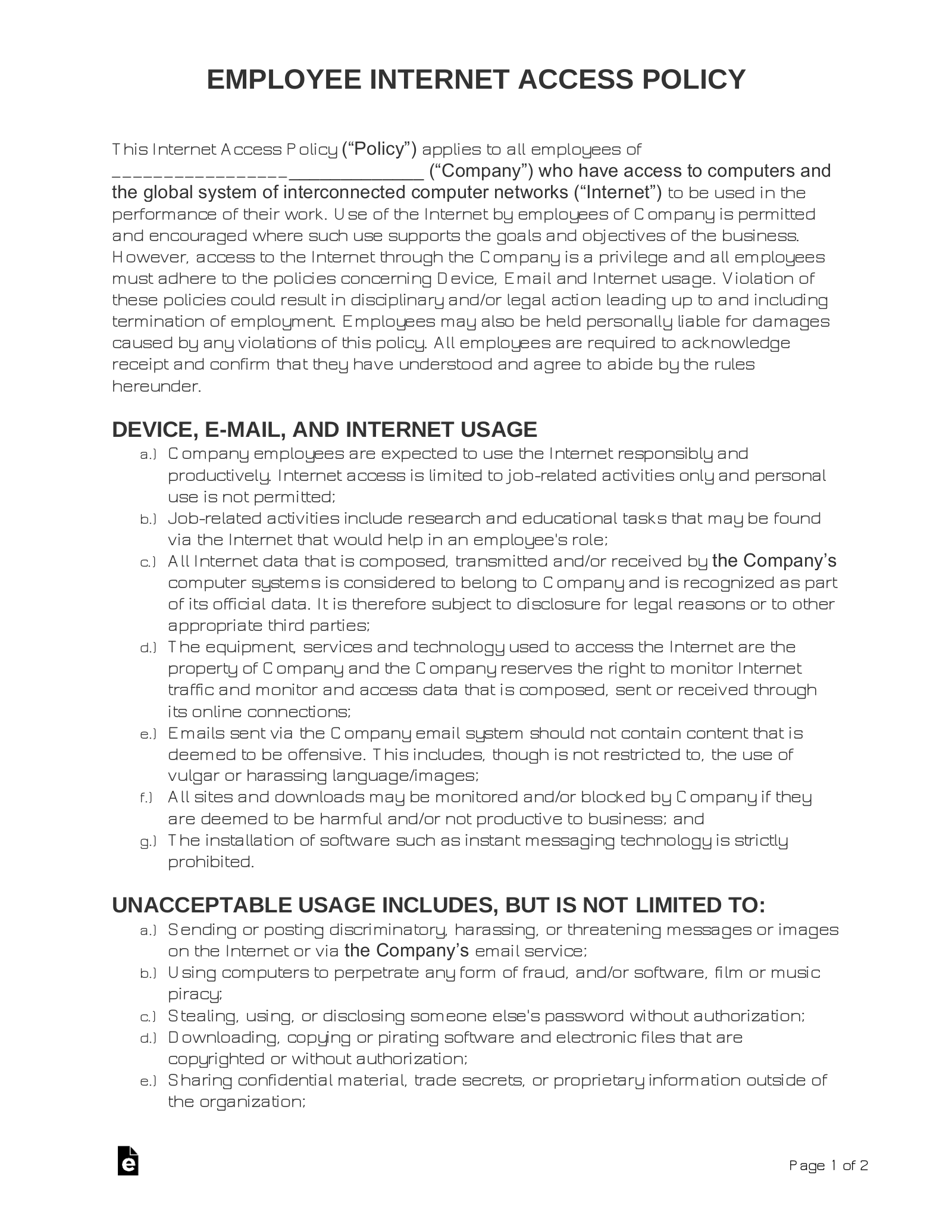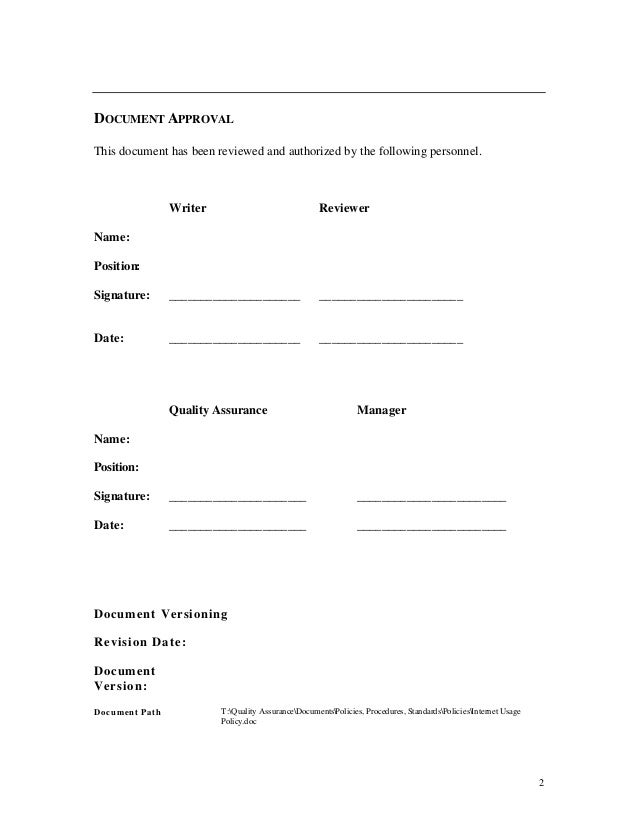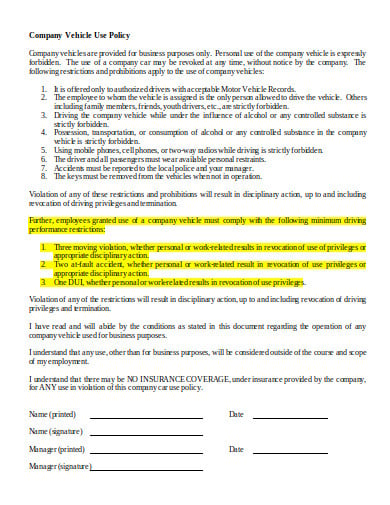Is Your Company’s Internet Policy a Legal Time Bomb? Download This Employee Internet Usage Policy Template NOW!
Meta Title: Company Internet Policy: Avoid Legal Trouble & Protect Your Business
Meta Description: Protect your business from legal risks with a strong internet usage policy. Learn what to include, common pitfalls, and get a free employee internet usage policy template!
Introduction:
In today’s interconnected world, the internet is an indispensable tool for businesses. However, this reliance on the web comes with potential legal and security risks. Without a clear and comprehensive employee internet usage policy, your company could be vulnerable to lawsuits, data breaches, and reputational damage. This article will explore the critical components of a robust policy, common mistakes to avoid, and why having one isn’t just a good idea—it’s essential for protecting your business. We’ll also provide guidance on how to download and customize a free employee internet usage policy template, helping you mitigate potential legal issues and foster a more productive and secure work environment.
The Importance of a Comprehensive Internet Usage Policy
A well-crafted internet usage policy acts as a roadmap, guiding employees on acceptable online behavior while at work. It sets clear expectations, reducing the likelihood of misunderstandings and potential legal issues. Think of it as a digital “code of conduct” for online activity. Without this code, your company is exposed to several risks:
- Legal Liability: Employees accessing illegal content (e.g., pirated software, child pornography) or engaging in defamatory online behavior can expose your company to lawsuits.
- Data Breaches: Unsecured internet usage can lead to malware infections, phishing attacks, and data leaks, resulting in financial losses and reputational damage.
- Productivity Drain: Excessive personal internet use during work hours can significantly impact productivity and profitability.
- Intellectual Property Infringement: Employees downloading copyrighted material or sharing company secrets online can result in costly legal battles.
- Harassment and Discrimination: Online harassment or discrimination can create a hostile work environment, leading to employee complaints and potential lawsuits.
Key Components of an Effective Employee Internet Usage Policy
Crafting a strong employee internet usage policy requires careful consideration of various factors. Here’s a breakdown of essential components:
Acceptable Use
This section outlines the types of internet activities permitted and prohibited during work hours.
- Permitted Activities: Include business-related tasks, research, and limited personal use (if allowed).
- Prohibited Activities: Clearly state what is off-limits, such as:
- Accessing illegal content.
- Downloading or sharing copyrighted material without permission.
- Engaging in online gambling or other activities that could be considered unethical or illegal.
- Using company internet for personal financial gain.
- Visiting websites with inappropriate content (e.g., pornography, hate speech).
- Sharing confidential company information.
- Circumventing security protocols.
Monitoring and Privacy
This section addresses how the company will monitor internet usage and the extent of employee privacy expectations.
- Transparency is Key: Be upfront about monitoring practices. Explain what data will be collected (e.g., websites visited, time spent online) and why.
- Data Security: Outline how collected data will be stored and protected.
- Employee Privacy: While companies have the right to monitor, employees still have privacy expectations. Be mindful of employee privacy laws and consult with legal counsel to ensure compliance.
- Disclaimer: Include a disclaimer stating that the company reserves the right to monitor all internet activity on company devices and networks.
Security Measures
This section focuses on security protocols and employee responsibilities.
- Password Security: Encourage strong password practices and regular password changes.
- Data Protection: Explain the importance of protecting sensitive data and following data security protocols.
- Malware Protection: Inform employees about phishing scams, malware threats, and the importance of reporting suspicious activity.
- Software Updates: Emphasize the importance of keeping software and operating systems up-to-date.
- Acceptable Use of Personal Devices (BYOD): If BYOD is allowed, include specific security protocols for personal devices accessing the company network.
Consequences of Violations
Clearly define the consequences of violating the internet usage policy.
- Progressive Discipline: Typically, violations lead to a series of warnings, followed by disciplinary action, up to and including termination of employment.
- Severity-Based Consequences: Outline different levels of consequences based on the severity of the violation.
- Legal Consequences: Mention potential legal ramifications of serious violations (e.g., legal action for copyright infringement).
Common Pitfalls to Avoid
- Lack of Clarity: Vague language can lead to misinterpretations. Use clear, concise, and unambiguous wording.
- Not Updating the Policy: The digital landscape is constantly evolving. Your policy should be reviewed and updated regularly to reflect changes in technology and legal requirements.
- Failure to Enforce: A policy is useless if not enforced consistently. Establish a clear process for handling violations.
- Ignoring Employee Input: Involve employees in the policy development process. Their feedback can help identify potential issues and improve the policy’s effectiveness.
- Lack of Training: Provide training to employees on the policy and its implications.
Download Your Free Employee Internet Usage Policy Template
Ready to protect your business? Download a free employee internet usage policy template [Insert Link to a reputable source for free templates here, e.g., a legal website or a government resource.] This template provides a solid foundation for creating your own customized policy. Remember to tailor the template to your specific business needs and consult with legal counsel to ensure it complies with all applicable laws.
Conclusion: Protect Your Business Today
A comprehensive employee internet usage policy is no longer optional; it’s a critical component of responsible business practices. By addressing the risks associated with internet usage, setting clear expectations, and implementing effective security measures, you can protect your company from legal liabilities, data breaches, and productivity losses. Don’t wait until it’s too late. Download our free template today and take the first step toward safeguarding your business in the digital age. Remember to regularly review and update your policy to stay ahead of evolving threats and legal requirements. Consider also consulting with a cybersecurity expert to bolster your overall online security strategy. Implementing a strong internet usage policy is an investment in your company’s future.




